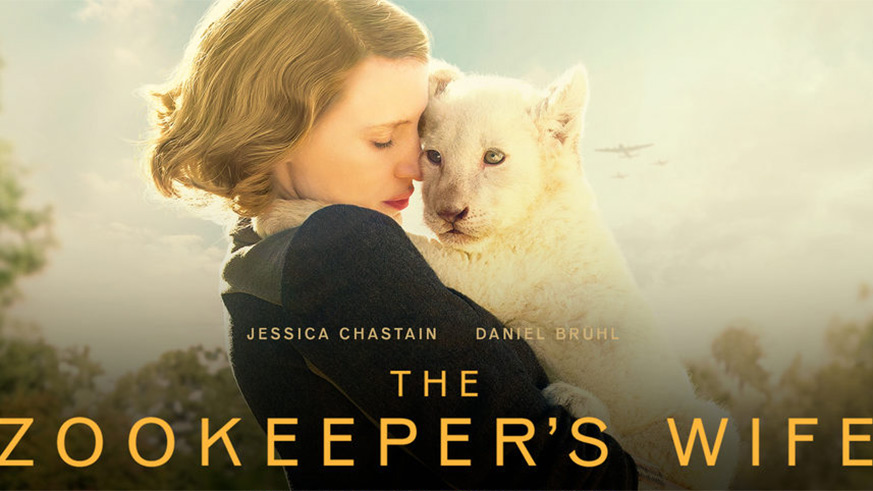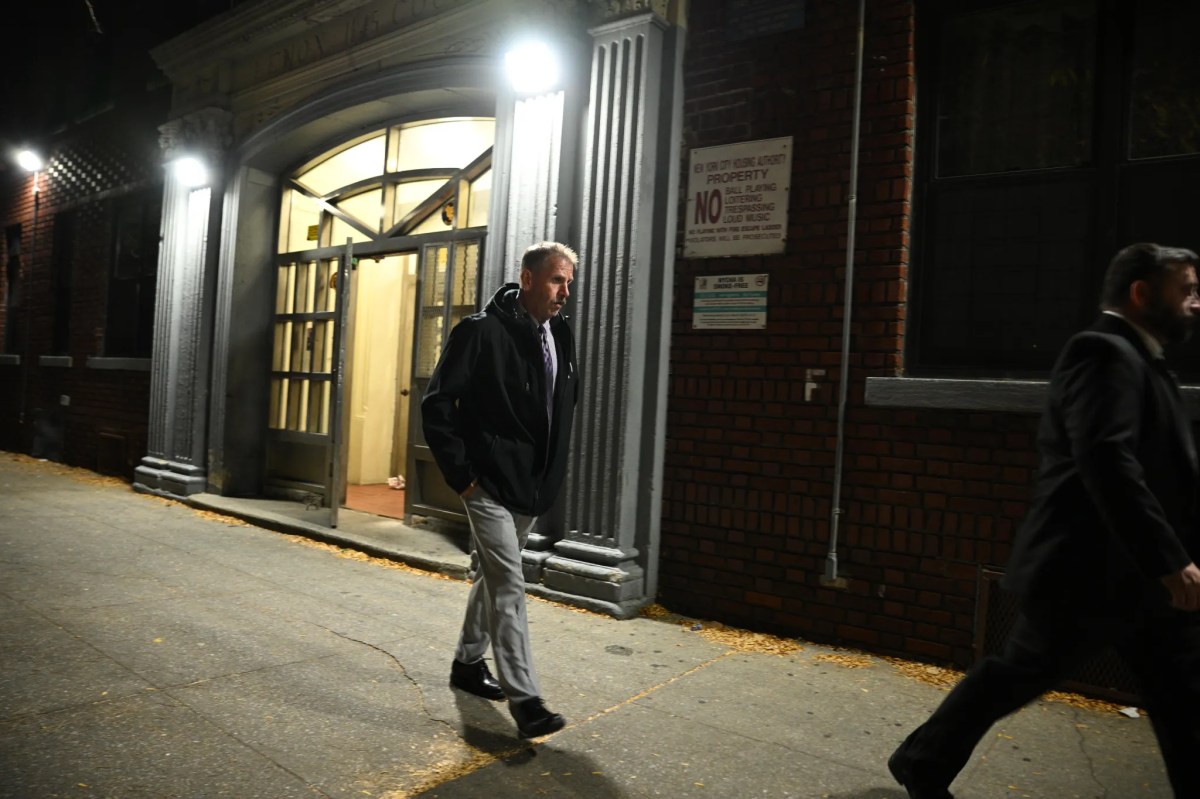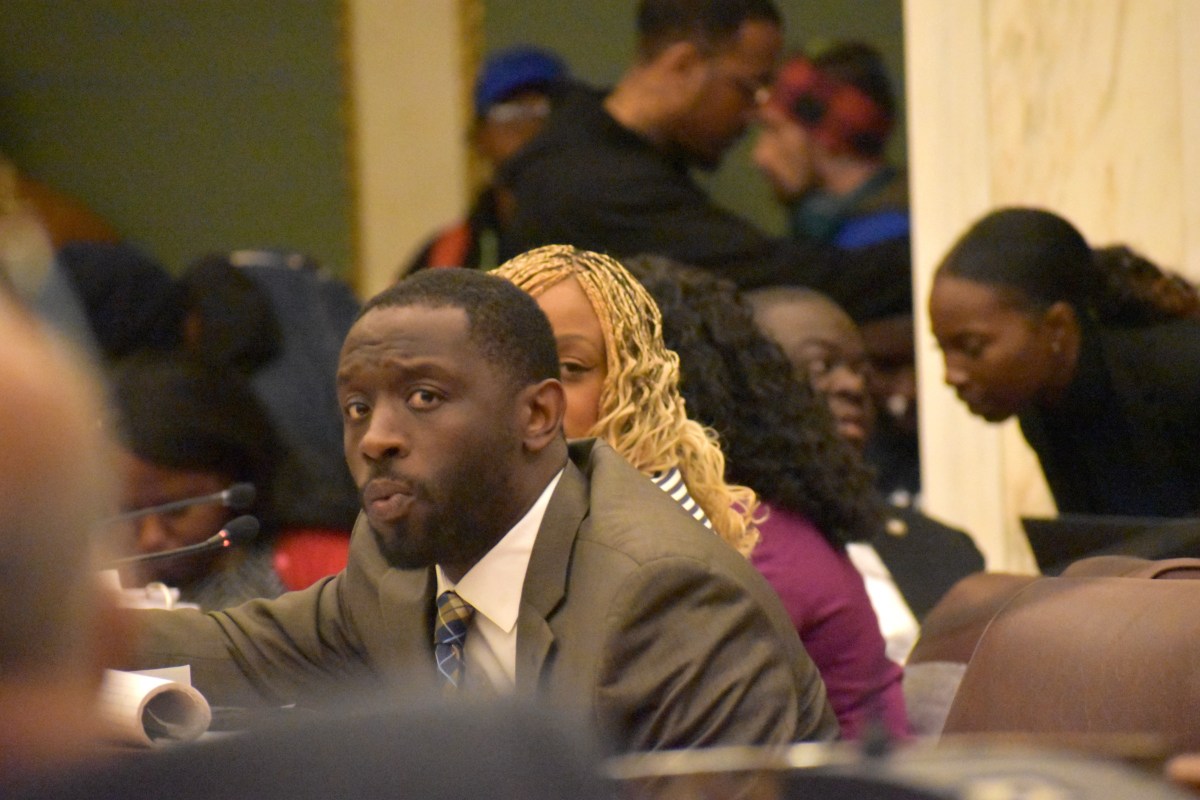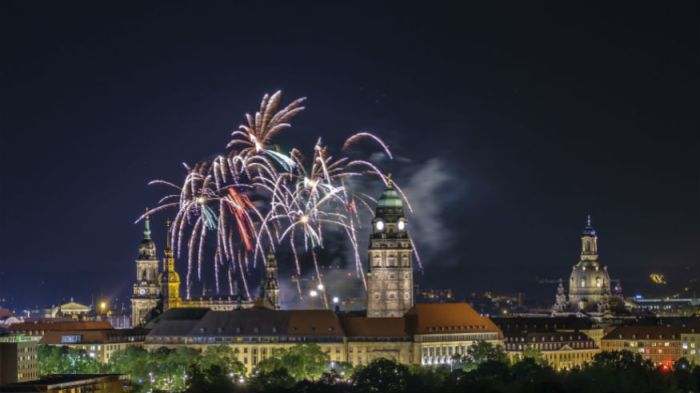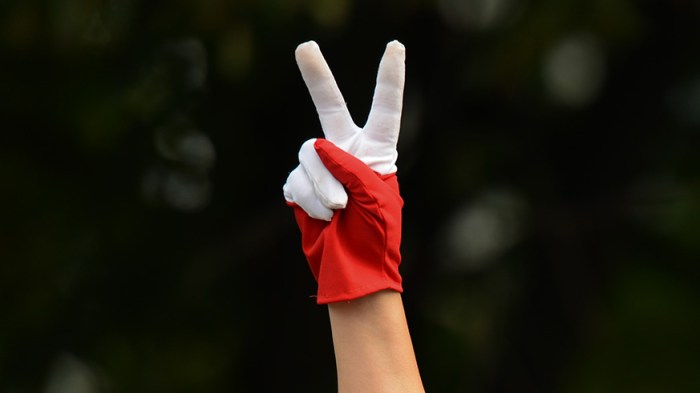Film
A 2017 film “Zookeeper’s Wife” by Niki Caro tells an extraordinary story of how fearless Polish couple Antonina Żabińska (portrayed by two-time Academy Award nominee Jessica Chastain) and her husband, Dr. Jan Żabiński (Johan Heldenbergh of “The Broken Circle Breakdown”) rescued about 300 Jews from the Warsaw ghetto during the Holocaust by hiding them in their villa and in empty animal cages in their zoo.
You can visit the real-life villa on your next visit to Warsaw.
“The Zookeeper’s Wife” trailer
Book
Swallowing Mercury by Wioletta Greg
Translated by Eliza Marciniak
Transit Books, 2017
“Achieves a form of literary alchemy that mesmerizes.” – The New York Times
Greg’s debut novel is a beautifully-written coming of age story. With a poetic voice and a sharp eye for detail, Greg highlights the joy and hardship of growing up in the Polish countryside in the late 1980s. Swallowing Mercury was longlisted for the Man Booker International Prize — only the second Polish novel ever to receive that honor.
History of a Disappearance by Filip Springer
Translated by Sean Gasper Bye
Restless Books, 2017
“A great book, a superb work of intelligence.” – Christian Science Monitor
Kupferberg was a picturesque German mountain town. After World War II, it became Polish Miedzianka, home to a secret Soviet uranium mine. Today, nothing of the town remains. How did it disappear? Who were the people who lived there? And what does it mean to lose your home forever? This is a fascinating true story told by one of Poland’s leading journalists.
Magnetic Point by Ryszard Krynicki
Translated by Clare Cavanagh
New Directions
Our Life Grows by Ryszard Krynicki
Translated by Allisa Valles
New York Review Books
“[Krynicki] has the reputation of a master, of an archer who never misses.” – Adam Zagajewski
Two collections by one of the most compelling poets of the 1968 generation. Our Life Grows shows Krynicki early in his career, battling with censorship and the Communist authorities on behalf of freedom of speech. Magnetic Point offers poems from throughout his career—readers will see his youthful rage mature into a cooler, if no less profound, voice.
This article is sponsored by Polish Culture Institute New York.

